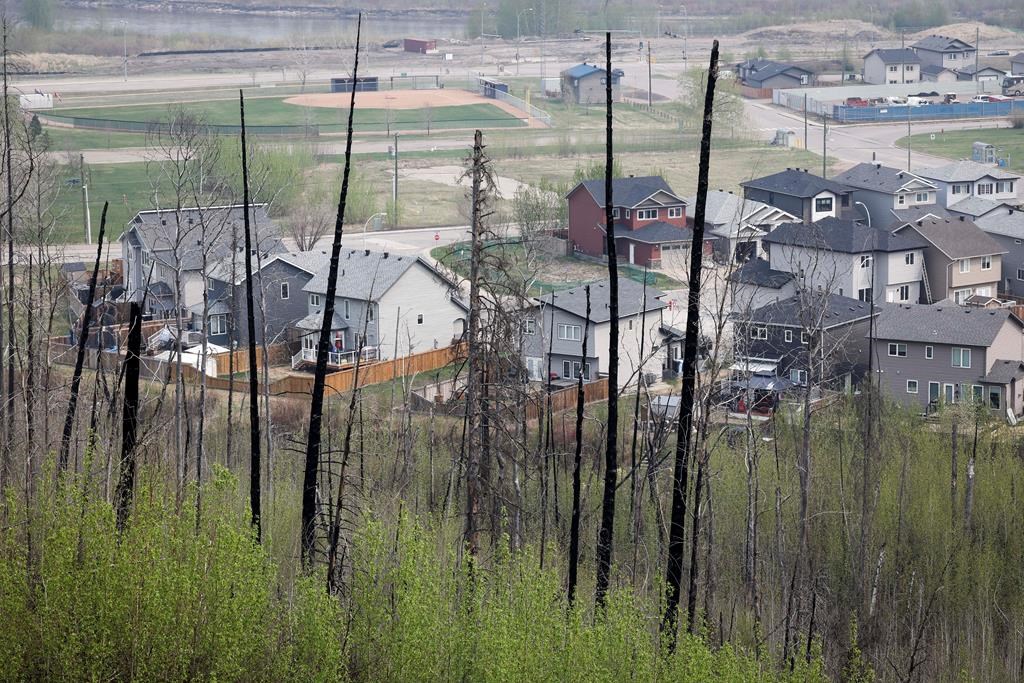Risking workers lives for meat on the table
Posted May 15, 2020 8:08 am.
Last Updated May 15, 2020 8:09 am.
CALGARY (CityNews) – They get up to go to work, making sure food gets to our tables only to go home to face a public shaming for contracting COVID-19.
Advocates say there’s more concern about getting meat on plates than the risk to peoples’ lives and with a string of plant outbreaks, they believe essential workers are being treated as expendable because they’re low paid and often newcomers or immigrants.
Some groups say the criticism Cargill and JBS meat plant workers are facing is a result of the government’s own words.
“These workers are living together, these workers are carpooling. Then immediately after that, there’s backlash,” said Marco Luciano, Director of Migrante Alberta. “The problem with that statement is it comes from a health professional, it comes from a government leader.”
“They, first of all, failed to identify an outbreak, then they failed to identify the poor working conditions, they flipped the story on humans and the poor workers,” said Dr. Mukarram Zaidi.
WATCH: “A long way to go” for Cargill plant safety says one worker
The Cargill facility near High River has seen over 950 workers test positive for the novel coronavirus with more cases tied to their families.
COVID-19 deaths linked to the site include Benito Quesada, a permanent resident from Mexico, Hiep Bui, a 23 year veteran of the plant who met her husband on a refugee boat fleeing Vietnam and Armando Sallegue, a visitor from the Philippines who was staying with his son, a Cargill worker who also had COVID-19.
“We’ve heard stories about people not being welcomed into businesses.”
Alberta Premier Jason Kenney has defended these workers and condemned racism but while Cargill says it’s improving conditions, an Alberta Occupational Health and Safety (OHS) review found the company failed to engage workers during an investigation into the outbreak.
Dr. Zaidi says if workers were of a different socio-economic class, the outbreak response would have been very different.
“People are working on minimum salary, they’re immigrants, racial minorities, people who cannot speak English. It’s time for us to all come and see how they’re working conditions are.”
“The actual structure and layout of how workers work in Cargill is a problem, and workers work in JBS is a problem,” said Luciano. “There’s no way they can social distance.”










